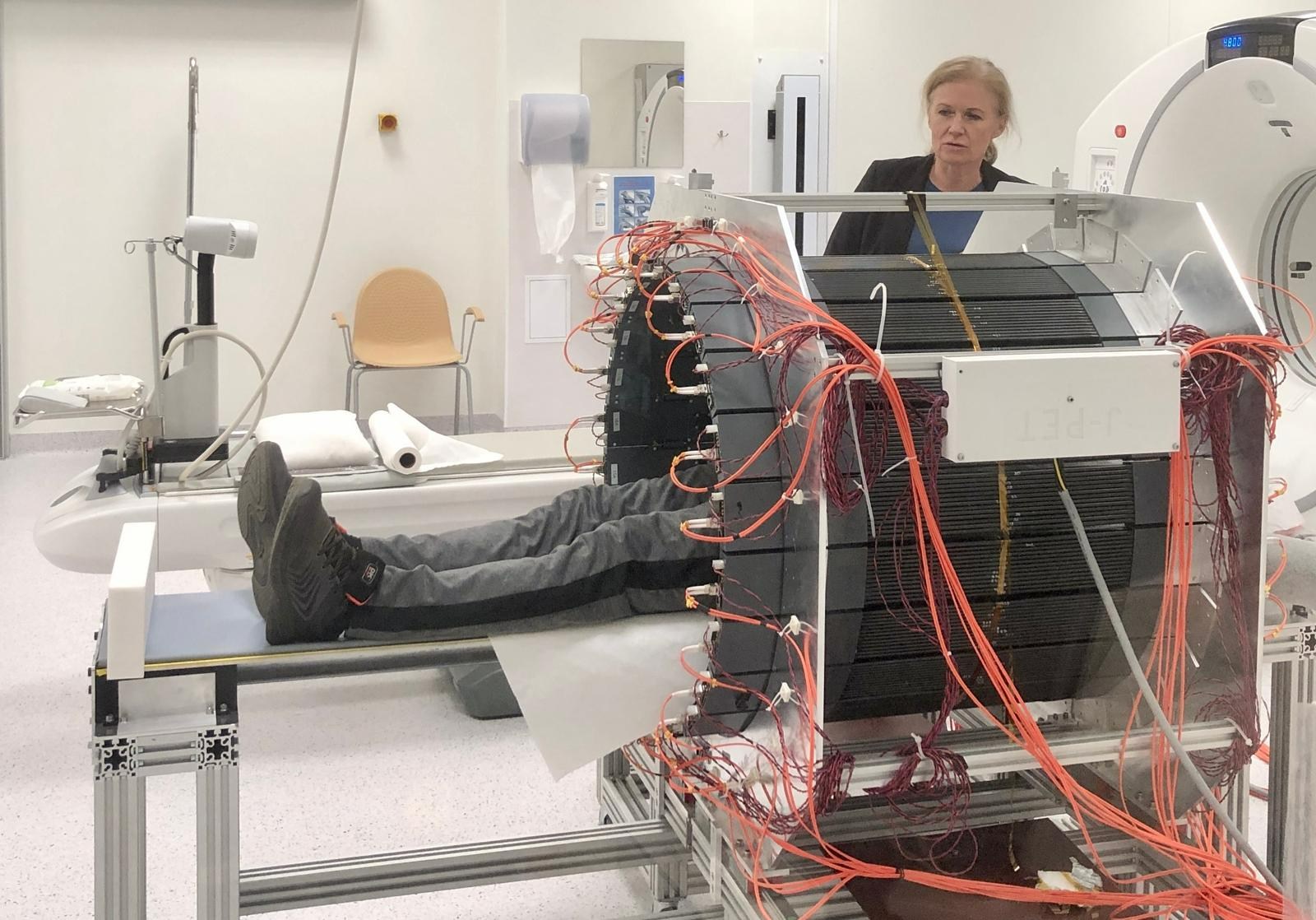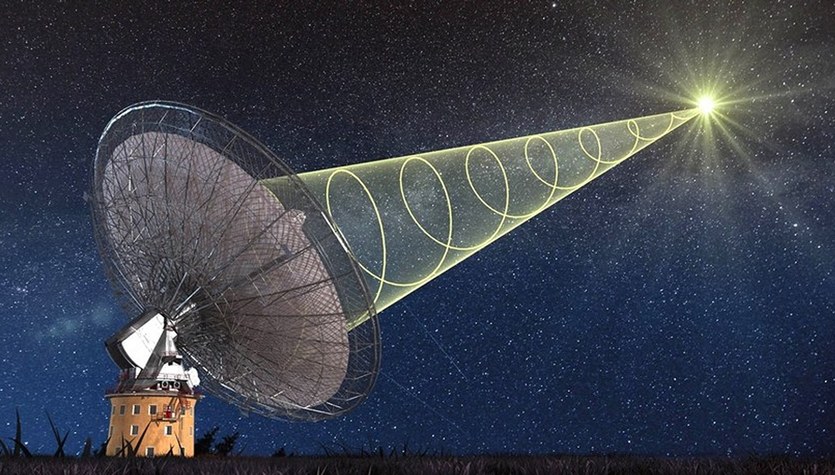Can you imagine if we could go to Mars and kill the only life form we could find there? This is a possible scenario that should have occurred nearly 50 years ago during the first landing mission on the Red Planet.
Nearly 50 years ago, we may have accidentally killed the only life we found on Mars, according to Dirk Schultz-Makuch, a professor at the Center for Astronomy and Astrophysics at the Technical University of Berlin. Delivered During a lecture at a symposium organized by the Royal Palace Foundation in Amsterdam.
Also read:
These are the conditions on Mars. Everything you need to know about the weather on the Red Planet
“Mars we’ve never seen before. This is what summer and winter look like on the Red Planet
– The spacecraft will go to Mars. This video is amazing
how did that happen?
In 1976, two NASA probes, Viking 1 and Viking 2, landed on Mars with the aim of exploring its surface and searching for signs of life. Each probe had to conduct four biological experiments to detect the presence of microorganisms in the Martian soil. One such experiment, called labeled release (LR), involved adding a solution containing isotope-labeled organic compounds to a soil sample. If there are live bacteria in the soil, they could theoretically use these compounds as an energy source and produce a gaseous by-product. This gas can be detected by a detector on the probe and confirm the existence of life.
To the scientists’ surprise and excitement, the LR experiment gave a positive result at both Viking landing sites. We thought we had discovered life on Mars! However, the joy did not last long. Two other biological experiments, which were supposed to check the metabolic activity and photosynthesis of microorganisms, gave negative results. Moreover, another instrument on the spacecraft, called the Gas Chromatograph-Mass Spectrometer (GCMS), detected no significant amounts of organic molecules in the Martian soil. So how can these contradictory statements be reconciled?
Most scientists conclude that the LR experiment was a false positive and that there is no evidence of life on Mars, or at best the results are inconclusive. However, not all scholars have accepted this conclusion. Some of them still claim that the LR experiment was correct and that it revealed signs of real life on Mars. They argued that microorganisms on Mars could be very different from those known to us on Earth and have a different way of metabolism and photosynthesis. In addition, they suggested that the GCMS may be insensitive or unordered and unable to detect low concentrations of organic molecules in the Martian soil.
death by water
Dirk Schulze-Makuch suggested in his scientific paper that microorganisms on Mars may have hydrogen peroxide in their cells – an evolutionary adaptation that would allow them to draw water directly from the atmosphere. Meanwhile, many of the experiments conducted by Viking landers involved adding water to soil samples, which may explain the puzzling results. The scientist suggests that the alleged Martian microbes collected for experiments were unable to handle such an amount of water and died after some time. They just drowned.
In the 1970s, scientists had very little idea of the Martian environment. Since Earth is a watery planet, it seemed plausible that the addition of water could trigger life in Mars’ extremely arid environment. In retrospect, it seems possible that we overdid it.
For example, on Earth there are microbes that live entirely in salty rocks. These tough organisms use a process we call hygroscopicity in which certain salts attract water directly from the relative humidity of the air. For this reason, microbes living in salt rocks do not need rain at all – a certain amount of moisture in the atmosphere is enough.
Now let’s ask what would happen if you poured water on these drought-adapted microbes. Maybe confuse them? Technically, we could say we over-moistened them, but to put it simply, it would be more like over-moistening them. It would be as if an alien spaceship found you wandering the desert half dead, and your would-be saviors decided, “People need water. Let’s throw a man in the middle of the ocean to save him!”
– explains Dirk Scholz-Macuch.
If so, it means that in 1976 we could not only detect life on Mars, but also kill it. At least that’s the life we found near the Viking landing sites. We don’t know if this life exists elsewhere on Mars, or if it is still active. It is also possible that this life was already dead or dormant when we got to Mars, and that it was not affected by our actions. But we can’t say for sure.
Samples from Mars must go to Earth
So present a task The mission of Perseverance is to search not only for traces of life on Mars, but also to try to preserve them and return them to Earth. Perseverance has special containers on board where it will collect and store the most interesting samples of Martian rocks and soil. These samples will be picked up by another mission at some point and delivered to laboratories on Earth where they can be studied further. Perhaps then we will know if we really found life on Mars and if we did not accidentally destroy it.
Life on Mars is one of the great mysteries of cosmology. We don’t know if it existed, whether it existed before, or whether it existed before. We also don’t know what it looks like or what it looks like, or how to relate to it. Do we respect and protect them, or do we study and use them? Should we rejoice at its discovery or fear its consequences? These questions do not have simple answers, but we may have to face them one day.

Echo Richards embodies a personality that is a delightful contradiction: a humble musicaholic who never brags about her expansive knowledge of both classic and contemporary tunes. Infuriatingly modest, one would never know from a mere conversation how deeply entrenched she is in the world of music. This passion seamlessly translates into her problem-solving skills, with Echo often drawing inspiration from melodies and rhythms. A voracious reader, she dives deep into literature, using stories to influence her own hardcore writing. Her spirited advocacy for alcohol isn’t about mere indulgence, but about celebrating life’s poignant moments.










